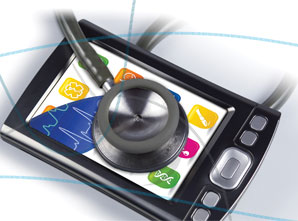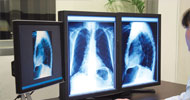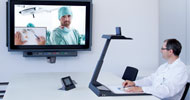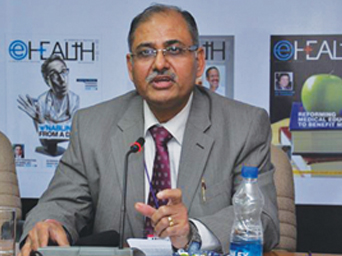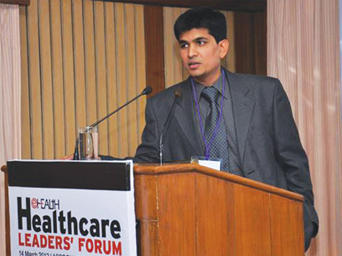Real automation can be achieved only when clinical records get automated, says Sanjay Kumar Jain
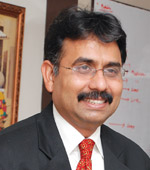 Sanjay Kumar Jain, Managing Director, Akhil Systems Pvt Ltd
Sanjay Kumar Jain, Managing Director, Akhil Systems Pvt Ltd

In the 1990s, when Akhil Systems was launched, IT in healthcare was neglected to a large extent. We generated Enterprise Resource Planning solutions for healthcare in the 1990s. We achieved very high success and gained around 40 customers in three years. In 1994-95, we got associated with reputed hospitals like Jaipur Golden Hospital and Moolchand Hospital.
The changeover came in the year 2000, when we did a very big project for Almana Group of Hospitals, Saudi Arabia and in 2004, we did a very big implementation for Apollo Hospitals, Dhaka, which is 95 percent paperless.
The main vision of Akhil Systems is to float technologies that fulfill all requirements in a hospital. Hospitals still have paper record systems and we aim to have a completely automated medical record system in all hospitals.

Challenges in achieving complete automation
Hospitals generally go for automation of admin processes, only. But this is not real automation. Real automation can be achieved only when clinical records also get automated. We are pushing that agenda in India. Unless the doctors get involved, the clinical aspect cannot be automated.
The second biggest challenge is standardisation as there are no guidelines provided by the government for maintaining patient records. Government or the hospital authorities need to come out with some specific set of standards for maintaining clinical information.
Further, hospitals are completely lacking in their understanding of the IT part. The biggest challenge that all middle level IT vendors face is that the user does not understand the value of IT. Hospitals usually have very low IT budgets and it is difficult to provide good solutions at such low cost.
Awareness in tier II and III regions
Hospitals in tier II and III cities have now started to realise the importance of IT. However, we need to have products that suit their budgets as products in tier I segment are extremely costly for these hospitals. Also, standardised products suit the needs of these hospitals. We are also bringing out solutions on the cloud, which are more apt for hospitals in tier II and III cities.
The future
All new hospitals are very keen on implementing electronic medical record system, right from the beginning. The transformation has already started happening and in the next five years almost all hospitals will have an EMR system in place.
Product portfolio
We have three products for the hospital industry”Enterprise for corporate hospitals of above 300 bed capacity, Premium for 100-300 bedded hospitals, and Standard for less than 100 bedded hospital.
We have also released a product in the US for doctors called EnableDoc and the same will also be launched in India.
We have a major expansion plan for 2012, as we will launch our EMR product throughout India. We, now plan to launch new offices throughout India, as well as overseas. We are already having a good position in the market with more than 150 installations and we now want to become the number one health IT provider in the country.
Be a part of Elets Collaborative Initiatives. Join Us for Upcoming Events and explore business opportunities. Like us on Facebook , connect with us on LinkedIn and follow us on Twitter , Instagram.




